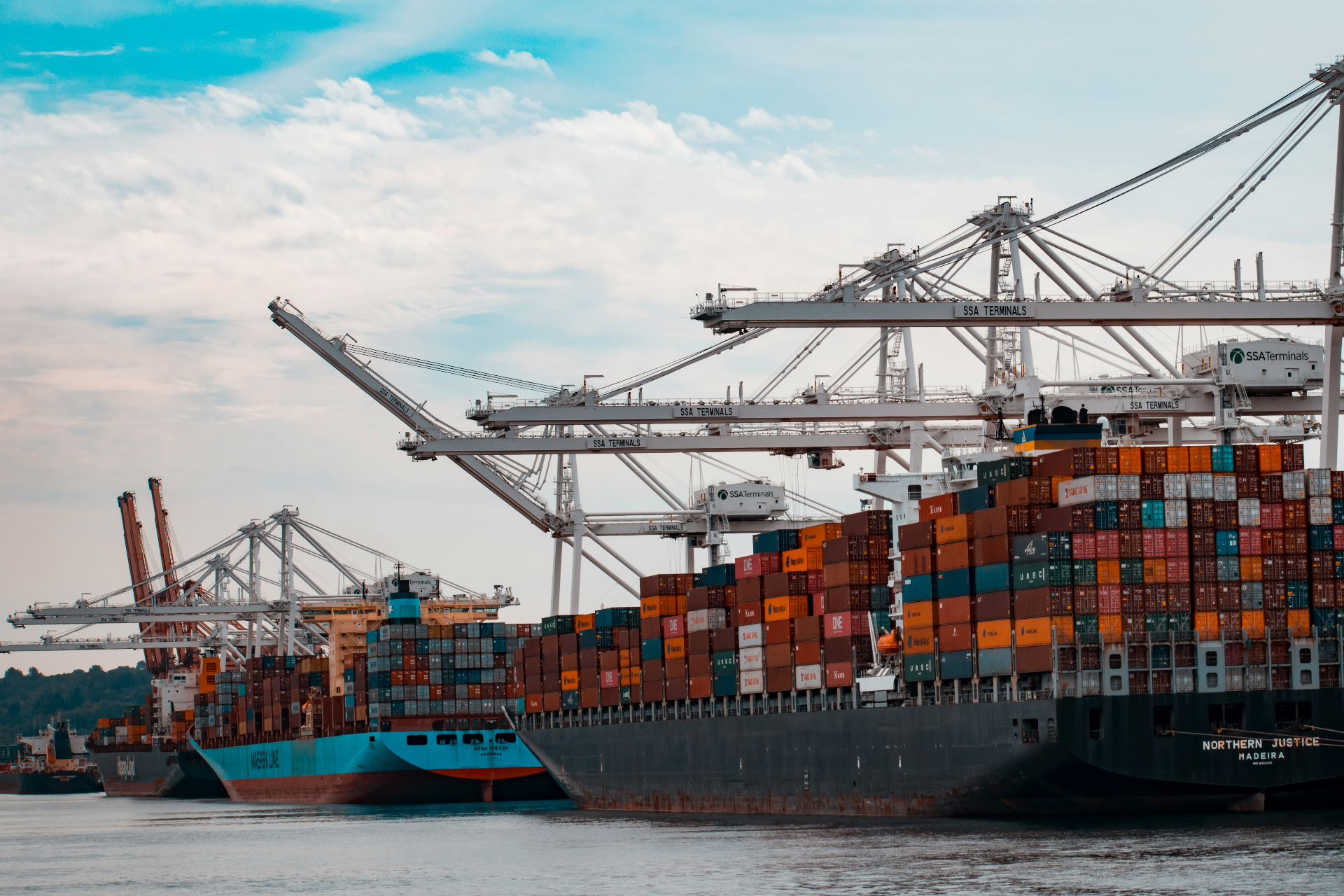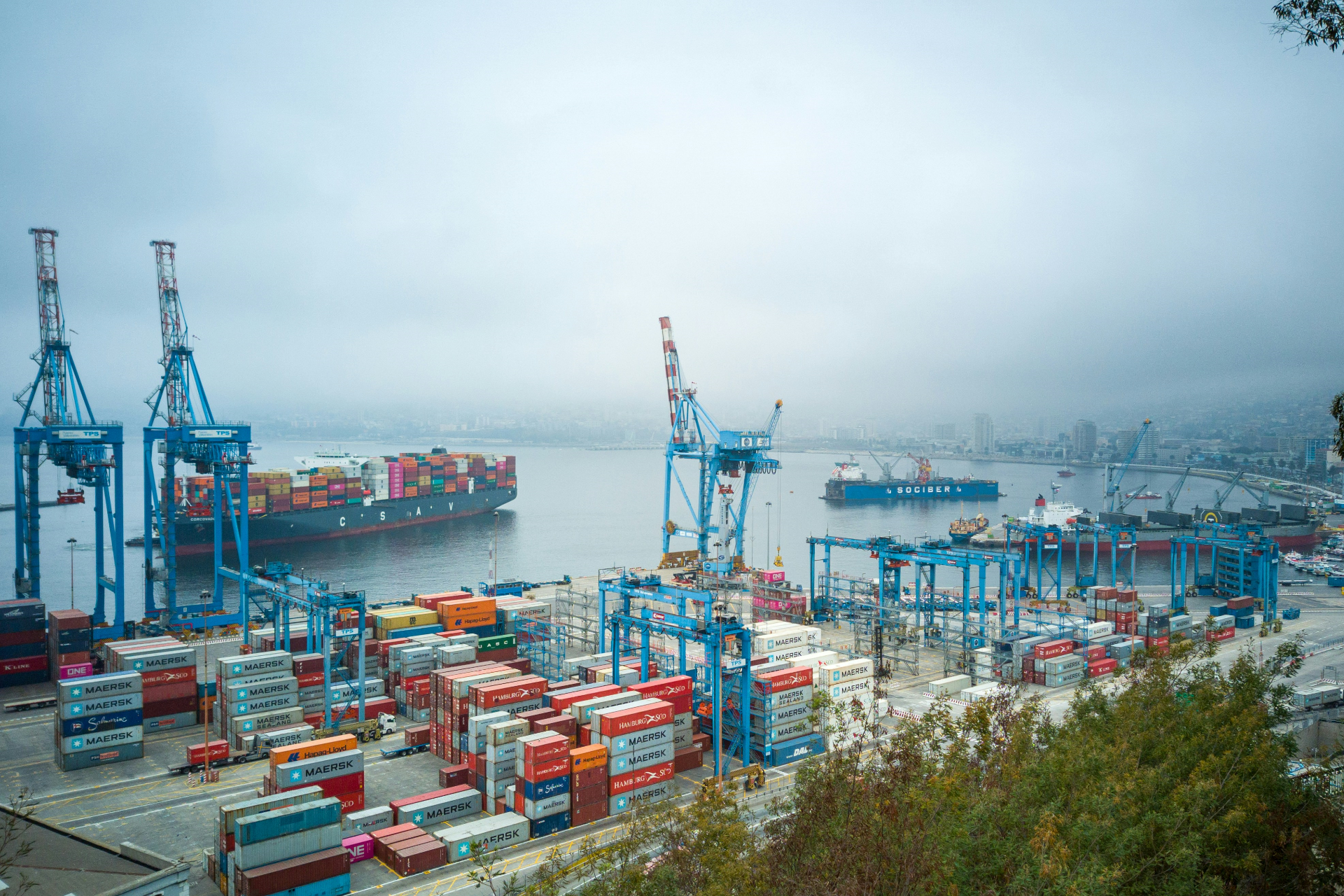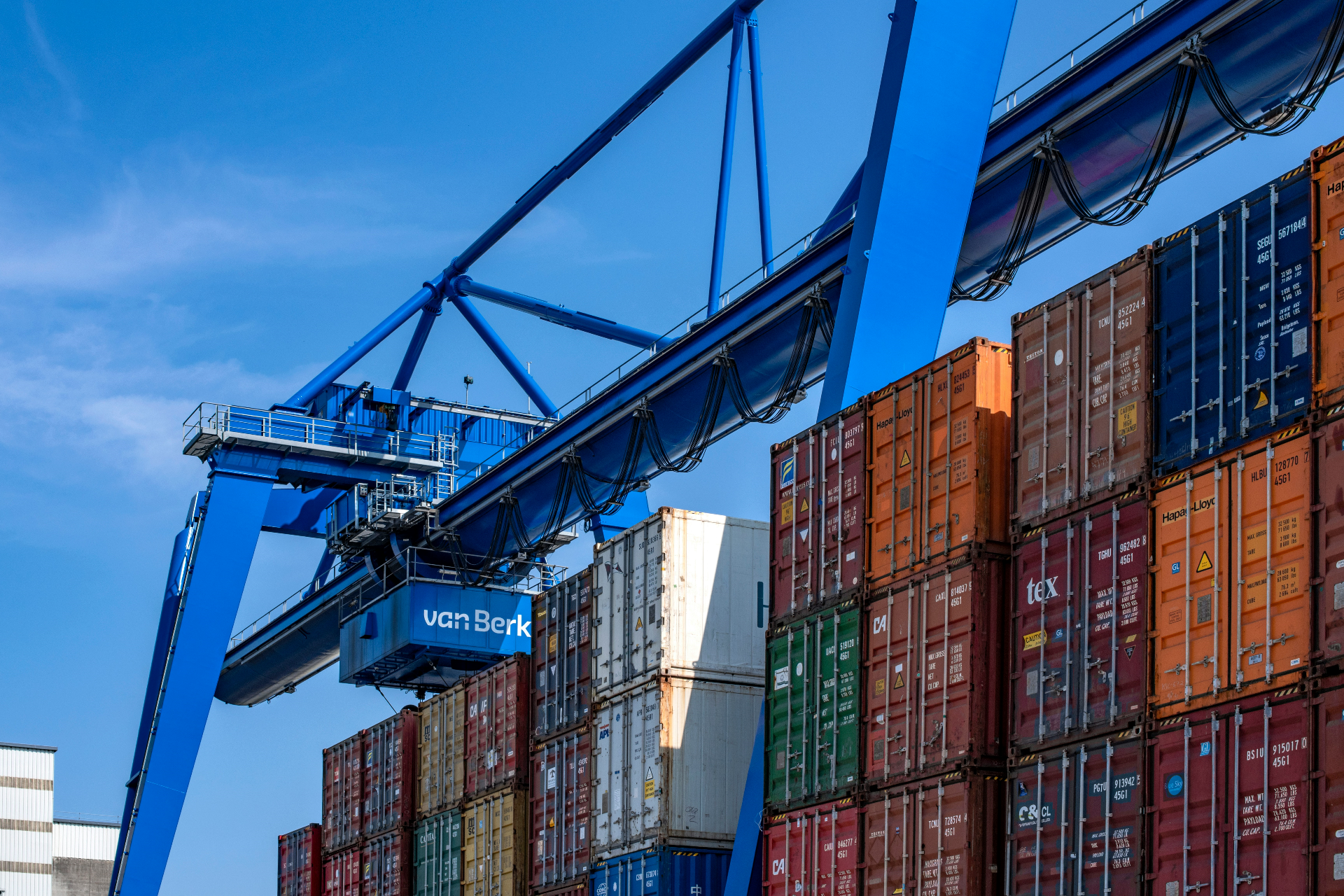Managing international logistics requires strategic decision-making in transportation, warehouse location, supply chain visibility, customs compliance, partner selection, and logistics management systems. Risk management is crucial to mitigate potential disruptions. By addressing these considerations, businesses can ensure efficient and cost-effective logistics operations, enhancing their global competitiveness.
In the world of international trade, managing logistics is a critical component to a business's success. Ensuring an efficient and cost-effective transportation and supply chain operation involves addressing several key considerations.
At the forefront is the transportation strategy. Companies must determine the most effective means of transporting goods, considering factors such as speed, cost, reliability, and the nature of the products. Options range from sea freight, which is cost-effective but slower, to air freight, which is faster but more expensive. Businesses must weigh these factors to choose the most suitable transportation mode for their needs.
Warehouse and distribution center location is another crucial aspect. Strategically located facilities can help reduce transportation costs and delivery times. Companies often opt for locations near major transportation hubs and within proximity to their major markets.
Supply chain visibility is vital for managing international logistics. Businesses need real-time information about the status of shipments to effectively manage inventory, meet delivery deadlines, and mitigate potential disruptions. Advances in technology, such as Internet of Things (IoT) devices and blockchain, are enhancing supply chain visibility and efficiency.
Customs compliance is a non-negotiable aspect of international logistics. Businesses must navigate complex customs regulations, duties, and international trade laws. Non-compliance can lead to delays, fines, and damage to a company's reputation. Hence, thorough knowledge of these regulations or partnering with experienced customs brokers is essential.
Choosing the right logistics partners can also make a significant difference. Reliable freight forwarders, shipping agents, and third-party logistics providers (3PLs) can handle many aspects of international logistics, allowing businesses to focus on their core operations.
Furthermore, implementing a robust logistics management system can streamline operations. These systems integrate various logistics functions, including inventory management, order processing, transportation management, and customer service, creating an efficient and cost-effective operation.
Risk management is another vital element of managing international logistics. Businesses must plan for potential disruptions, such as political instability, natural disasters, or trade disputes. This involves strategies such as diversifying suppliers, insuring shipments, and maintaining a flexible supply chain.
Effective management of international logistics requires a strategic approach, a deep understanding of global trade dynamics, and the ability to adapt to changing market conditions. By addressing these key considerations, businesses can ensure a seamless, efficient, and cost-effective operation, enhancing their competitiveness in the global market.
Related Information



















































